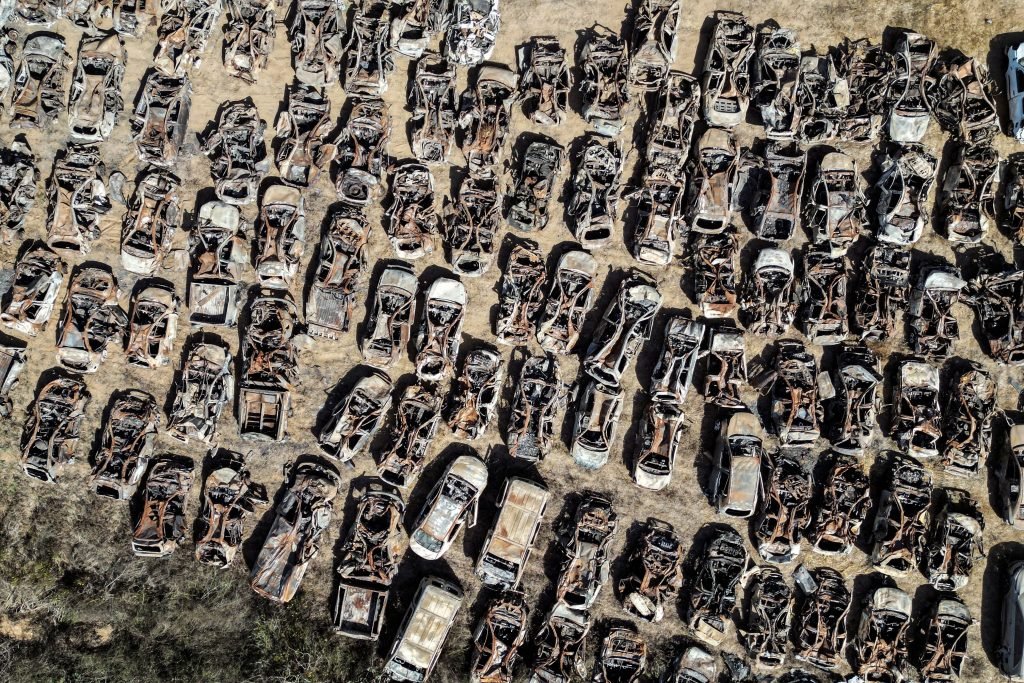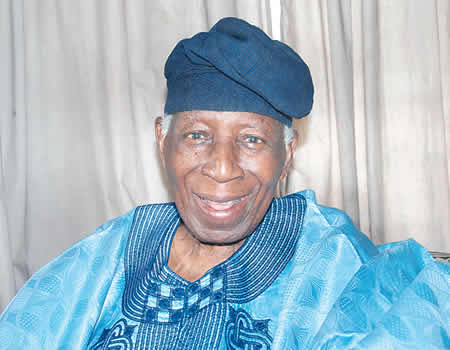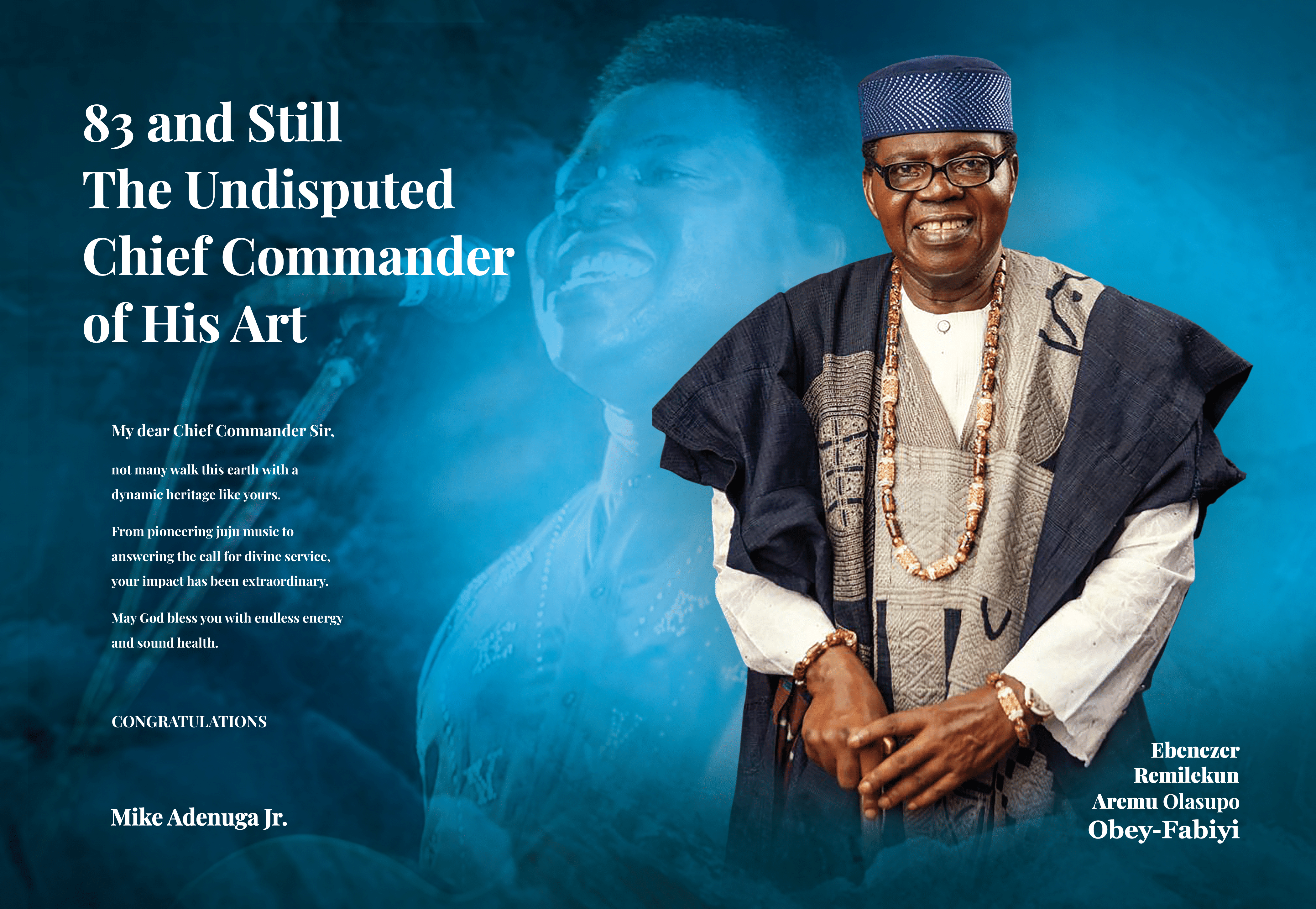By Dolapo Aina
Wednesday, 8th of November 2023 was the 33rd day of the war between Israel and the terrorist organisation called Hamas. The Israeli Government released a raw footage which was not made for public viewing and as at Thursday, 30th of November 2023, still has not been viewed by the general public.
For the 43-minute raw footage of the Hamas Massacre, the Government of Israel had to vet which groups of individuals and countries could view the images which had the personal lives of people displayed. Their lives were exposed in the 43-minute video which the whole world has only seen 10 minutes of several clips which are online (as at the 8th of November 2023). It was revealed that special approval had to be specifically granted by the Government of Israel for the raw footage to be shown in countries.
Before the viewing of the raw footage in Kigali, the capital of Rwanda, by invited media personalities in attendance, an interesting conversation cum discussion with Israel’s top diplomats in Rwanda, Ambassador Einat Weiss and Deputy Ambassador Yossi Gadamo ensued and several questions were posed at them.
One of such questions had a spiritual cum moral angle/dimension to it. Why is Israel not making noise about the dead citizens?
Ambassador Einat Weiss responded by stating that: “Family members of lost ones have come out to state that they would not want to see the images of loved ones in public. In Israel, we know the value of lives but Hamas seem not to have value for lives. The first challenge as a country: How do you come out publicly in terms of public diplomacy against a group that does not have value for lives? Hamas took photos and images of their brutality and 33 days later, the world still needs Israel to justify their actions. Israel cannot just go and release images as we need to inform their families and get their consent. Israel is an organised country and we are dealing with a terrorist organisation. The war cannot be symmetric.”
The Ambassador went further to state that: “Propaganda is one of the tools terror organisations use and Israel is not into propaganda. Propaganda has been an age-long tool of terror organisations and propaganda is still being utilised by Hamas 33 days after the war commenced.”
Another poignant question was on Christianity versus Islam which Israel’s Ambassador to Rwanda responded to and quoting her verbatim: “It isn’t a religious conflict. But there are public displays of anti-Israeli stance. The irony is that in private a lot of these countries know what is going on. In private conversations, a lot of representatives of other countries present in Rwanda, openly inform me that Israel has the right to defend herself. And everyone knows that Iran is behind almost all terror organisations’ activities. If the world doesn’t speak up about the activities of Iran, other terror organisations would be very confident and would replicate the same attacks on other lands and continents. Those who criticise us on our current war with Hamas don’t understand international law. Countries are allowed to exercise their rights to defend themselves but when it comes to Israel, Israel should not? Israel like other countries is bound by the international law but terrorist organisations don’t abide by international laws. How many countries go to war and still provide water and electricity to citizens? Journalists have to hold the torch to disseminate the right information on the current Israeli-Hamas war.”
A question bordering on the implication on Israel and the region had this response from Ambassador Weiss; “There is much more pressure on Israel to finish operations and humanitarian breaks. But something is different this time: The realisation that Israel has to finish what she commenced. How does the Army conclude the operations when citizens have not been released? The humanitarian angle of the war is not rosy as people are getting affected. Why? Because we are at war. Why are we at war? Because we were attacked.”
On the question of why the public condemnation of Hamas is important, Ambassador Einat Weiss stated that: “This is the moral majority we are looking for. It is very important because when countries designate Hamas as a terror organisation, the open statements give leeway for Governments to make legislations and vote against Hamas thereby making it difficult for leaders of Hamas to travel, move funds etc.”
After the brief interaction with those present, the 43-minute raw footage commenced.
At this juncture, it is noteworthy to state that a day earlier (7th of November 2023), the video titled: October 7th 2023 Hamas Massacre: Collected Raw Footage; was shown to the US Congress and Hollywood directors and viewed by them. The video is not in the public domain and only a select few have seen the 43-minute video. As at Wednesday November 29th, only a select few in 80 countries have seen the footage.
We commenced watching the raw footage cum videos at 14: 30pm.
The raw videos from Hamas terrorists’ body cameras should not be seen by the public. Live footage from bodycams of terrorists and live footage from home CCTVs of people who were attacked in their homes.
One footage with a time stamp of circa 6am showed a father running with his two sons (all three in their shorts with no shirts) into their bunker/shelter and shortly afterwards a grenade was thrown inside by two/three Hamas terrorists who climbed out of another window. After the explosion and shouts from the terrorists, his sons came out trembling but their father didn’t come out. Another CCTV footage of their living room showed the elder son asking his younger brother if he could see. The younger one could not see what his elder brother was showing him. Later on, they both realised the younger one could only see with one eye. There were a couple of times when they cried Mama Mama. The CCTV at their backyard later showed the terrorists had found the boys’ mother and they took her to the entrance of the shelter, where she saw her husband’s lifeless body. And she broke down in tears.
Footage of actually beheading of a man from Thailand who wore a jersey that looked like it was a Brazil national football team’s jersey. The footage was from a terrorist’s mobile phone and one could hear the terrorists speak; saying (God Is Great in Arabic) as one of them was using a hoe to decapitate the head of the man from Thailand. I couldn’t watch the full clip of the barbarity. I turned away from the screen, turned back my seat and faced the window whose view was of the peaceful Kigali landscape.
There was one Hamas terrorist who called his family from an Israeli woman’s phone who he had killed. He was euphoric and gladly stated in Arabic which was translated that he had killed 10 people with his bare hands. His father rejoiced and urged him on. His mother came on the same call and she cried for joy and urged him on.
Another audio which was an intercepted phone conversation between one Hamas terrorist on the ground in Israel on October 7th and his superior was chilling and revealing. The superior authorised the operative to ensure he brings an Israeli soldier, so that the body can be hung (in the superior’s own word: crucified) in the market square.
There was a footage of public toilets at the venue of the music festival. The public toilets were shot at one by one.
Watching the footage, I realised that delicate attention was made to aggregate a lot of the videos. For instance, some particular videos were from different angles: dashcams from cars, whilst another angle was from a street CCTV and another angle was from a deceased Hamas terrorist’ bodycam. This meant that for some footages, you actually viewed the same scene but from different angles.
One of such footages stood out. A mobile phone video recording from a deceased Israeli citizen who was holed up in a shelter. He recorded himself as he was talking. Behind him, you could see other people who were in the same shelter, some talking whilst some were silent. Some of them had blood stains. The next footage was from a bodycam. The footage was the entrance door of the same shelter. The people in that shelter with the same clothes were on top of each other; not sleeping; they were gunned down.
Several other videos left me confused as I was not quite sure if the heavily thick red crimson, I saw on the floor was actually the human blood. I had to ask and I was informed it was.
There were several videos captured on bodycams of Hamas terrorists who walked into several kibbutz and shot at anything at sight including tyres of ambulances, so that no one could make use of ambulances to rescue or treat wounded people. There was a particular video of one Hamas terrorist’s bodycam, who shot thrice at a dog before the dog succumbed to the bullets. Watching this, I uttered the word barbarity and Rwandan media practitioner who witnessed the 1994 Genocide Against The Tutsi said; “what kind of a human being would shot a dog? Genocide is the appropriate terminology to use.”
It is noteworthy to state that not all those invited who commenced the viewing of the footage concluded it. After seeing the raw footage (and it is widely known that there are more gruesome videos which have not been released by the Government of Israel), there is no country which would not take action.
This piece took 22 days to compose as I had to grasp the enormity of what had been viewed which cannot all be described. There are several videos that cannot be described in this piece. The eyes have seen what cannot be unseen. And it best that the eyes of the readers not read what the eyes of others have seen and cannot be unseen.

 News7 years ago
News7 years ago
 Featured7 years ago
Featured7 years ago
 Boss Picks7 years ago
Boss Picks7 years ago
 Headline7 years ago
Headline7 years ago
 Headline6 years ago
Headline6 years ago
 Headline6 years ago
Headline6 years ago
 Headline7 years ago
Headline7 years ago
 Headline7 years ago
Headline7 years ago















